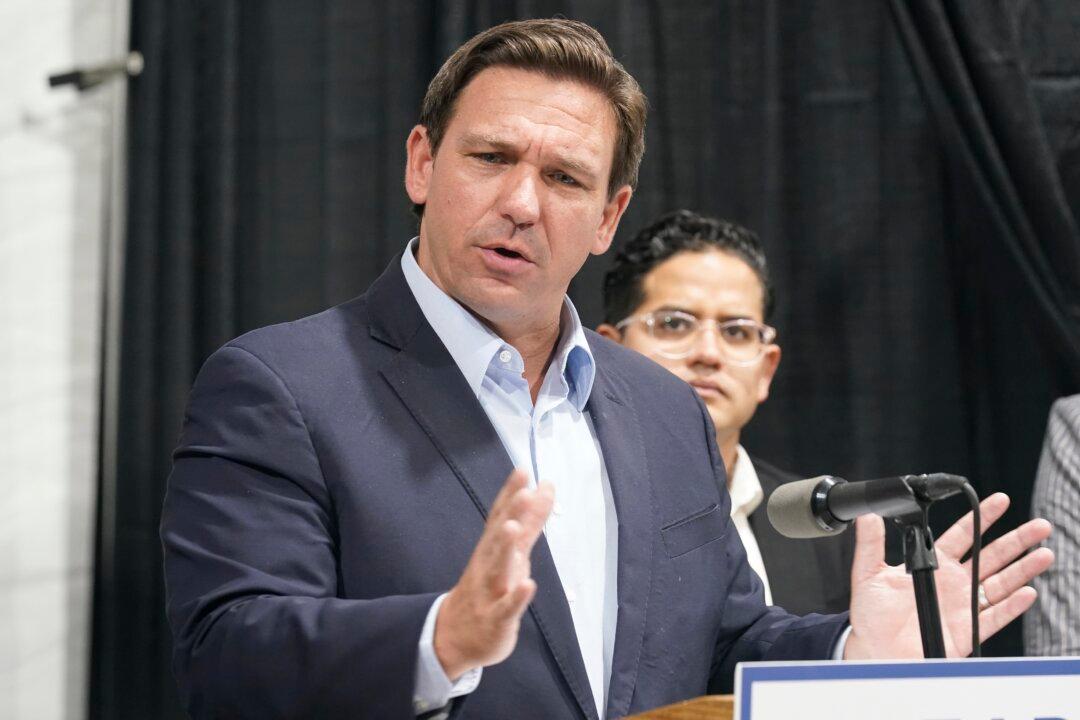All state-run monoclonal antibody treatment sites in Florida are being shut down after U.S. drug regulators revoked emergency use authorization for the two most widely used monoclonals.
The Food and Drug Administration’s (FDA) move banned, at least for now, the use of monoclonals produced by Regeneron and Eli Lilly.





